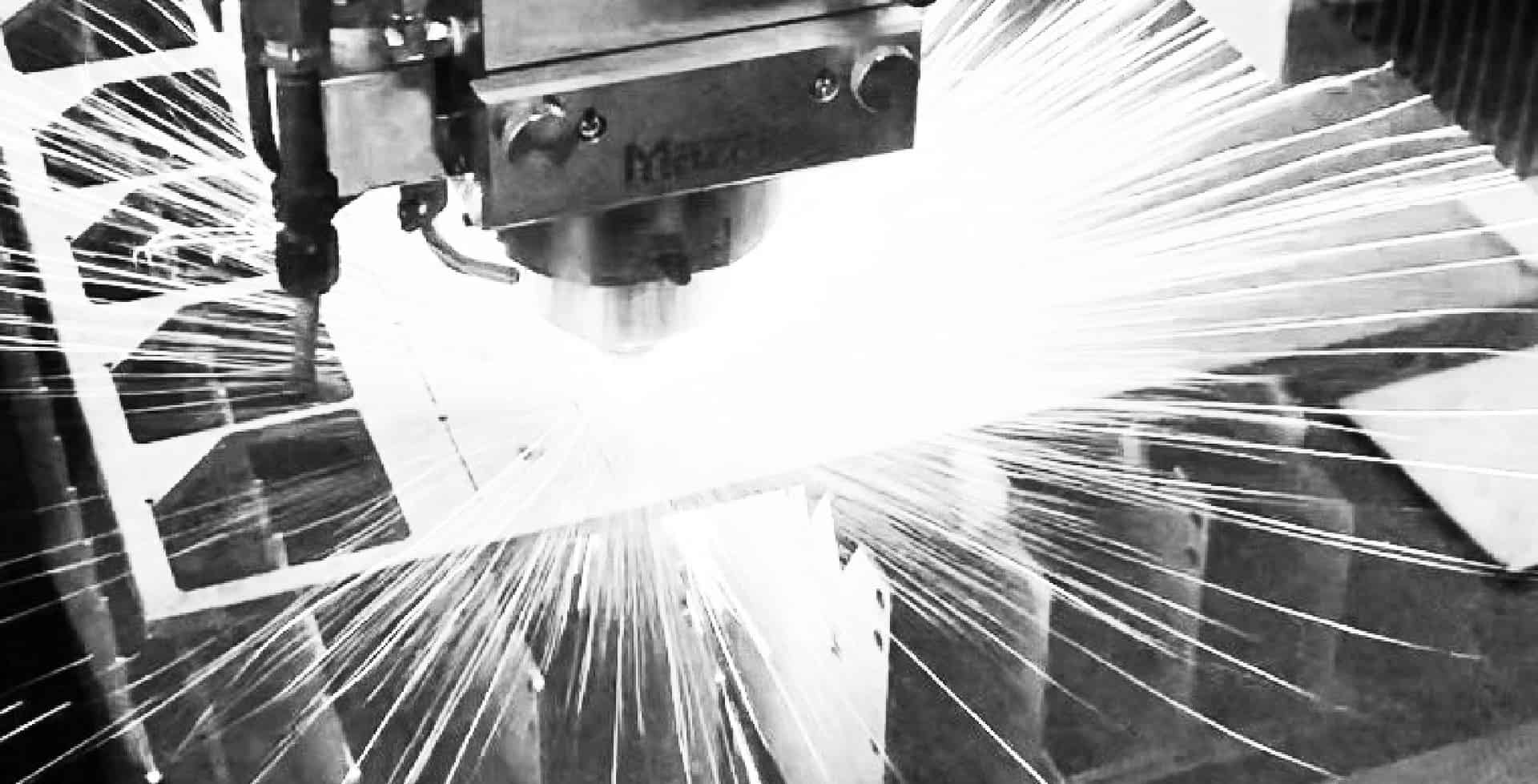design strategies for optimal industrial airflow

Industrial dust collection systems should be designed for optimal industrial airflow. Each type of industrial collection system—dust collection and fume collection—has unique requirements for optimized airflow.
Benefits of proper industrial airflow by dust collection type
- Dust collection systems: Proper airflow contributes to high air quality and a clean work environment.
- Fume collection systems: Proper airflow helps mitigate hazardous airborne particles (HAPs).
Design methods for industrial airflow
- Blast gate/orifice plate method: This method is somewhat flexible. Flow rates can be changed, and it’s easier to make additions and changes using this method. The location of blast gates depends on the location of elbows, hoods, straight duct and access. This is the most common method of design.
- Balance by design method: This method achieves a “balanced” airflow system without blast gates or orifice plates. The method calls for calculating static pressure of airflow in each segment. Factors that influence static pressure include duct sizes, elbow radius and hood design. This method is best for hazardous materials. Adding, removing or adjusting a collection point requires a complete system redesign.
Duct Network Design
Either the blast gate or balance method can be used to design the industrial duct network.
- Tapered system: The ductwork gets larger closer to the collector as additional airflows are added. Tapering the ductwork helps ensure the velocity at each branch is constant.
- Plenum system: The ductwork is generally larger, the airflow velocity is lower and there’s low resistance for airflow to the air cleaner or fan. A plenum system is typically used on supply air systems.
Distributing airflow in duct routing
Ductwork design plays a big role in improving and maintaining airflow. Ductwork designed for maximum airflow efficiency:
- Minimizes pressure drop across the system
- Is routed to reduce potential wear spots
- Takes aesthetic appeal into consideration
For more details on optimized airflow design and duct network design, reference Industrial Ventilation: A Manual of Recommended Practice for Design. Learn more about how to maintain proper airflow with IVI’s blog: “Maintain proper industrial airflow for dust collection systems”
IVI’s Experience and Innovation
At IVI, We help design, build and install industrial dust collection systems for any operation. Read more about IVI’s fume collection systems and dust collection systems. Start on these pages to answer basic questions, and contact IVI, Inc. to dive deeper into industrial ventilation solutions.